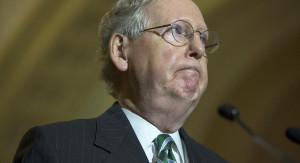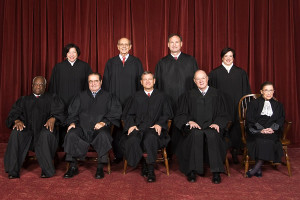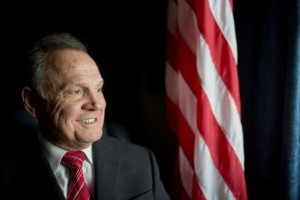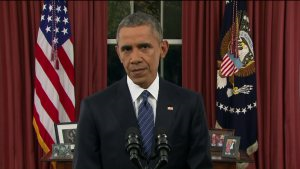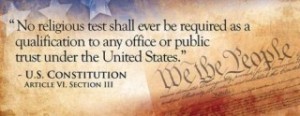The U.S. Supreme Court is in session.
Sure, the justices have plenty on their individual and collective plates. How about giving them one more issue to decide?
Let’s petition the court to decide whether U.S. Sen. Ted Cruz is constitutionally eligible to run for president of the United States.
An essay in Salon suggests that upon closer examination, Cruz’s “natural born” credentials are showing signs of weakness. I’m not sure I buy that notion. I believe he’s eligible to run, despite being born in Canada; his father is Cuban, but his mother is American. U.S. law granted young Teddy citizenship the moment he came into this world.
But the question is swirling nonetheless over whether Cruz qualifies as a “natural born” U.S. citizen.
What harm can be done by asking the court to take up the issue? It comprises a conservative majority. Oh, wait. The court is non-political, yes?
What might happen if the highest court in America decides against hearing the case? That could be construed as a tacit endorsement of the notion that the Texas Republican senator is, indeed, eligible to seek the presidency.
I don’t believe the issue is a terribly complicated one to settle once and for all.
The federal law that grants citizenship to anyone born to an American citizen — regardless of where the birth occurs — either is constitutional or it isn’t.
I believe Ted Cruz is qualified to seek the presidency.
Furthermore, I also believe it’s time for the nine men and women who sit on the U.S. Supreme Court to decide this issue — for keeps!
Just one more point . . .
Cruz criticized the court this past year for its narrow ruling allowing gay marriage, saying that “five unelected judges” shouldn’t be deciding what’s legal and what isn’t.
Would the senator say the same thing if, say, five unelected judges rule in his favor on the “natural born” citizenship question?



